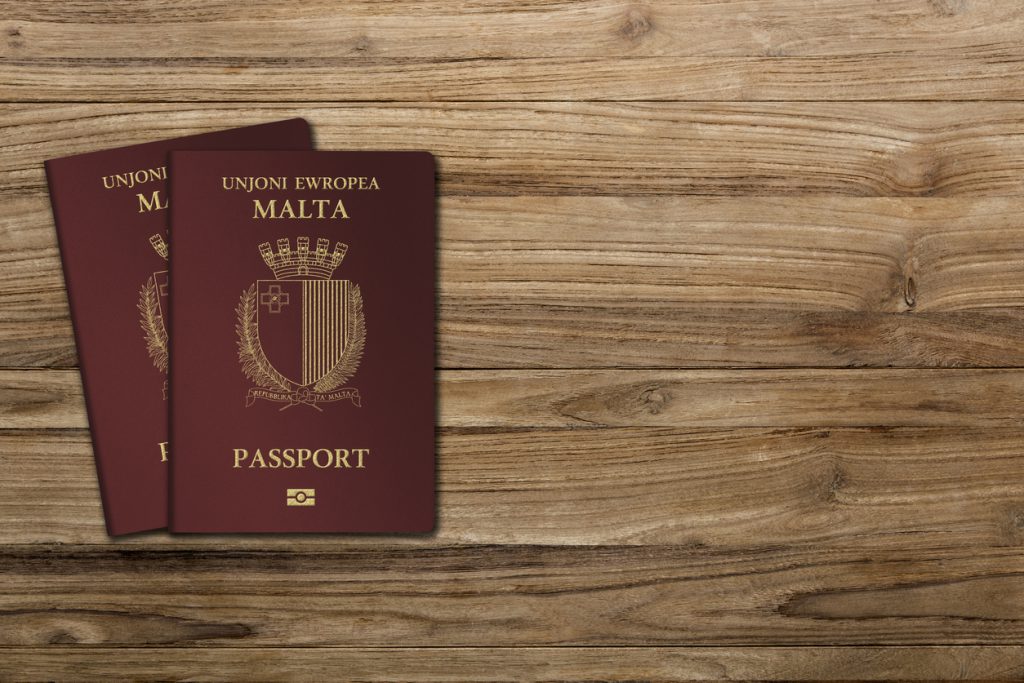Sale of Maltese passports in 2020 falls to all-time low

Sales of Maltese passports in 2020 continued to decline reaching an all-time low of just 185 approved applications, which is less than half the peak reached in 2016 when the respective figure was of 382. Since its launch in 2014, the programme constituted a significant stream of revenue which by the end of 2020 exceeded €1 billion of which €928 million went into government’s coffers and €46 million to private firm Henley and Partners who administer the scheme.
The decline in popularity of this programme, which does not bode well for public finances, coincided with mounting criticism that this programme was being used by shady individuals including Russian Oligarchs to acquire EU citizenship. Moreover, Brussels has been insisting that the sale of citizenship is not the sole competence of Malta, for the simple reason that it grants entry to all other member states. Last year an investigation by the Passport Papers project revealed that applicants were spending just 16 days in Malta rather than the mandatory one-year period.
In October 2020, the European Commission started infringement proceedings against Malta saying it was failing to fulfil its obligations under the principle of sincere cooperation and the definition of citizenship of the Union as laid down in the Treaties.
Though towards the end of 2020, the original sale for passports scheme was replaced by an amended version which supposedly guaranteed stronger links of the applicants with Malta, these proceedings forged ahead nonetheless. The scheme was once again under the spotlight in the aftermath of the Russian invasion of Ukraine, when Malta was forced by Brussels to stop accepting applications from Russian nationals who along with the Chinese constitute a significant chunk of potential clients. Meanwhile, the EU Parliament recently called on the Commission to stop the sale of European passports and schemes like those of Malta.
Details on this controversial scheme were recently divulged by the Office of the Regulator in the seventh annual report covering the period between July 1, 2019 and the end of 2020. In his remarks, the regulator Carmel L. De Gabriele does not mince his words to refute criticism and allegations levelled against this programme while vouching for the due diligence in place to vet the applications which he said were being “meticulously” scrutinised “to the minutest details”. According to the regulator the Covid-19 pandemic left its toll on the programme due to the travel restrictions which had been imposed.
From a statistical analysis, it transpires that during the 18-month period under review 317 applications were submitted, which was 11 less than the previous 12 months. As for the nationalities, the report gives very scant details by categorising them in eight regions, with Europe and Asia leading the way by some distance – presumably Russians and Chinese citizens.
While in 2020 185 applications were approved, down from 239 in 2019, 103 were rejected in 2020 down from 117 in 2019.
In terms of the ripple financial effect on the economy, the value of purchased property by successful applicants in 2020 was €6.3 million with the average value of each dwelling being €782,000. The vast majority, however, opted to rent property with the overall level of spending being €11.7 million which equates to an annual rent of €18,591 per property. Moreover, investments in government stocks was of €20.1 million while €590,450 were donated to entities and philanthropic organisations. In this respect the biggest beneficiaries were Puttinu Cares and the Malta Community Chest Fund.
